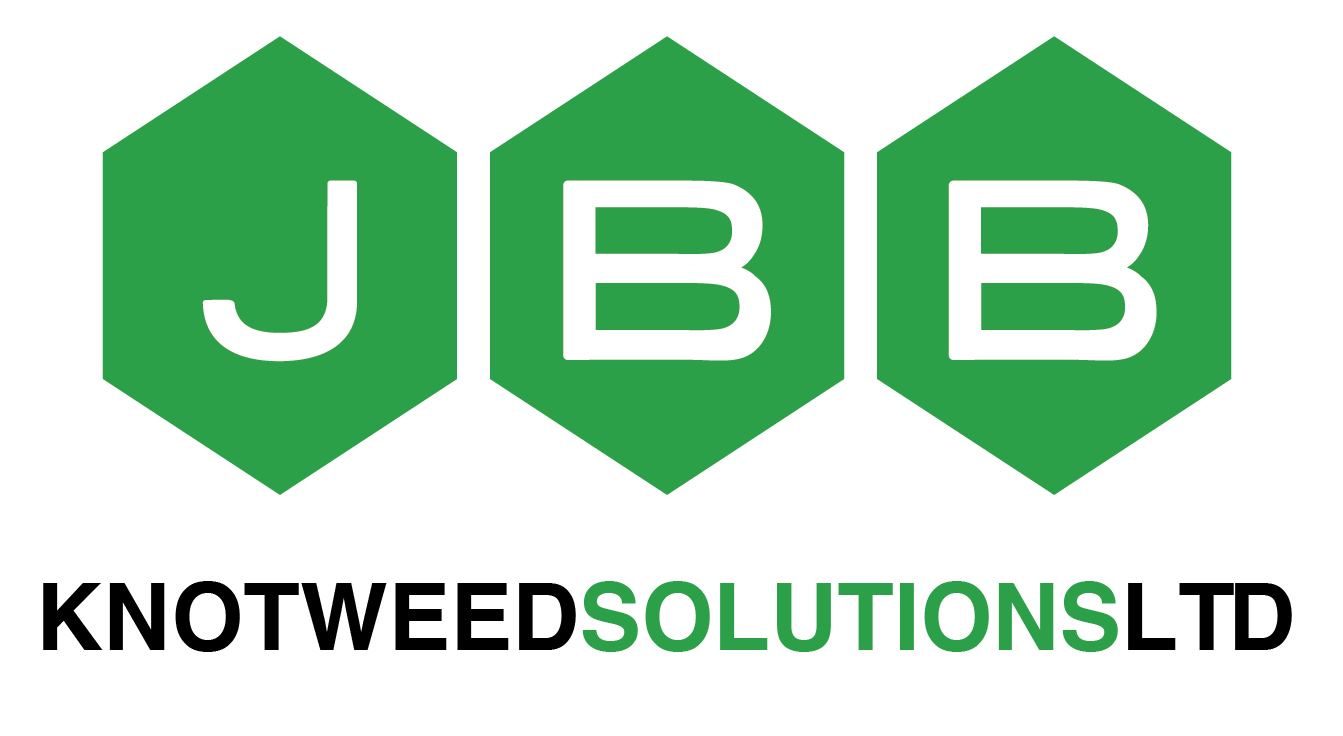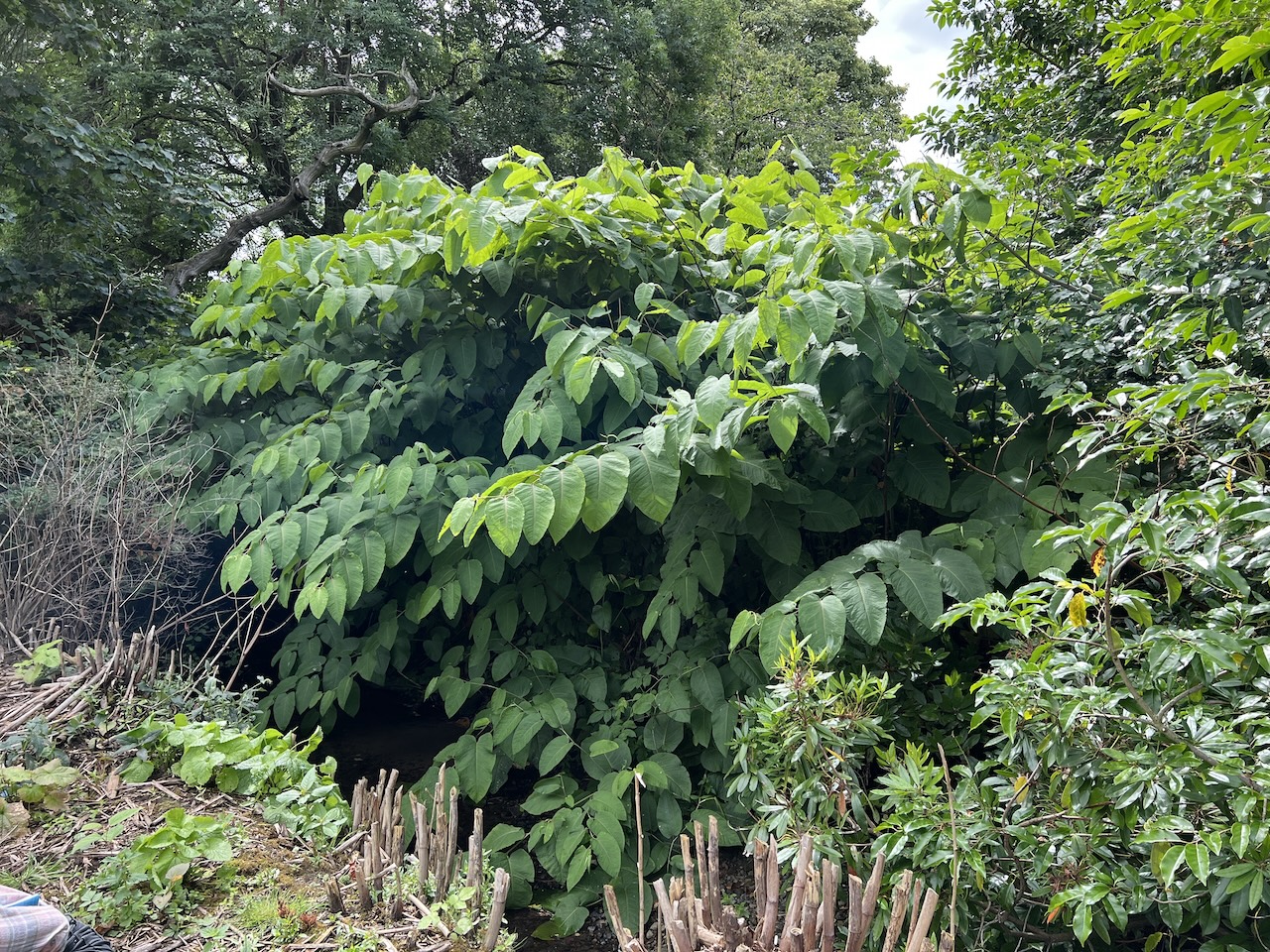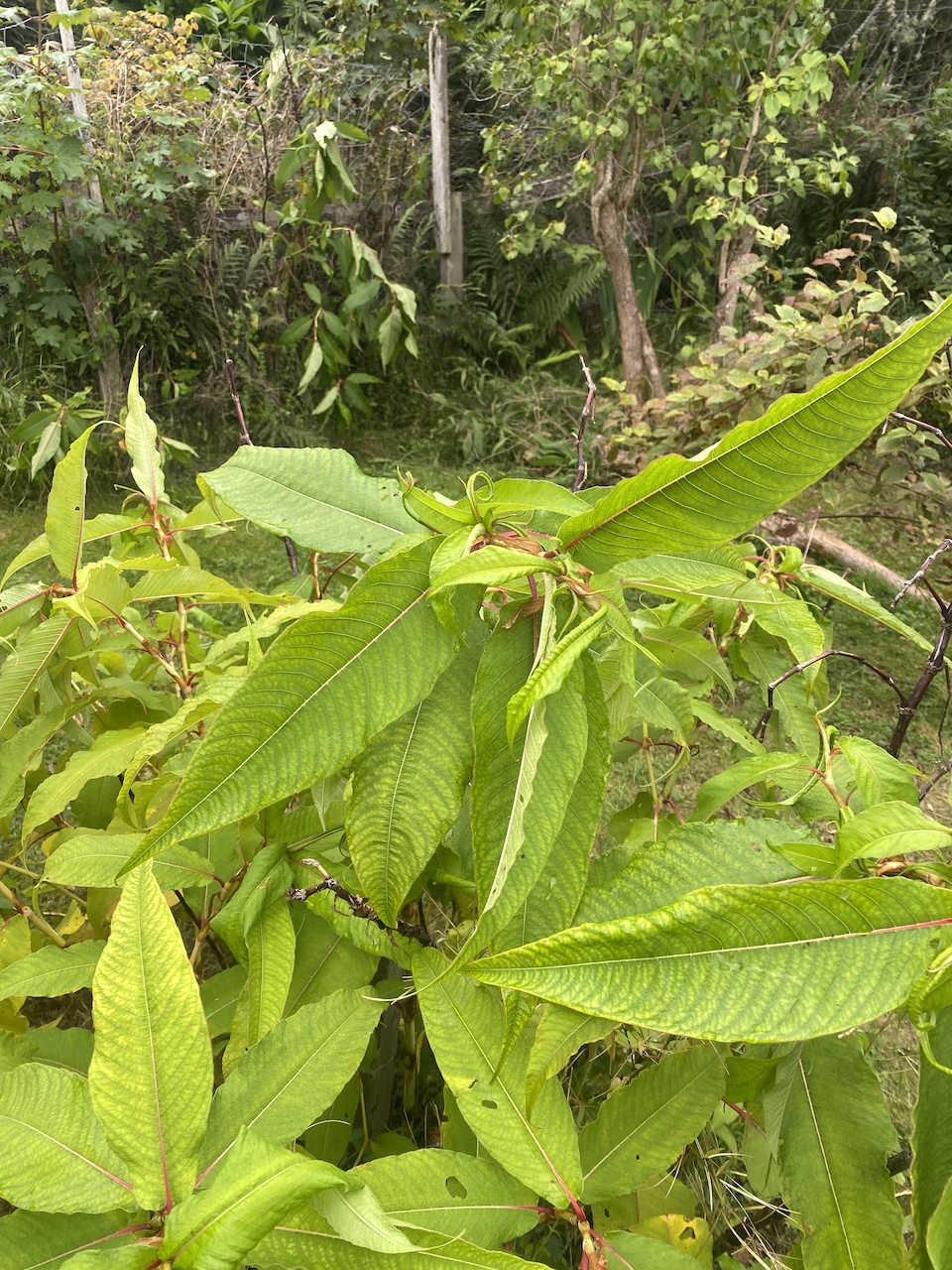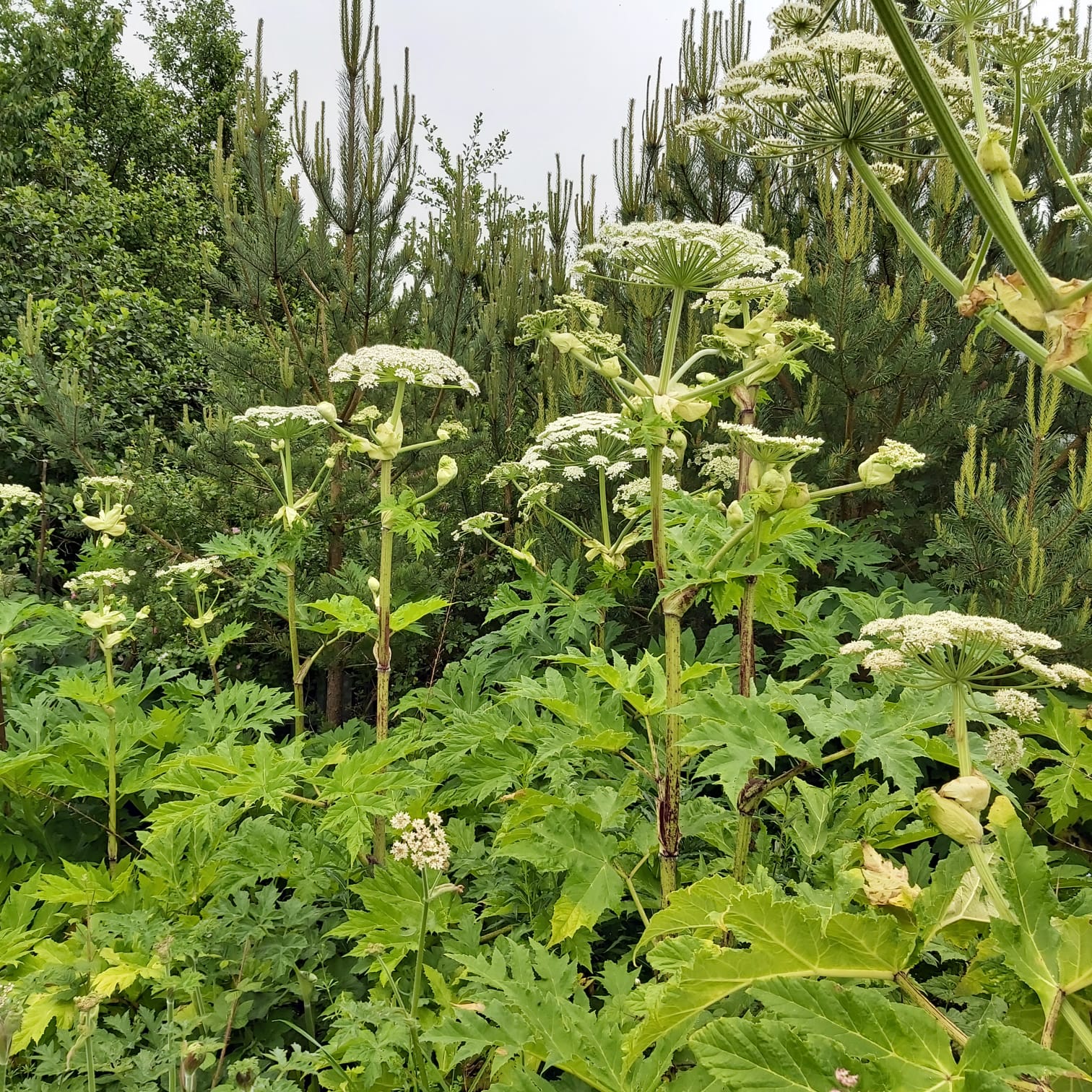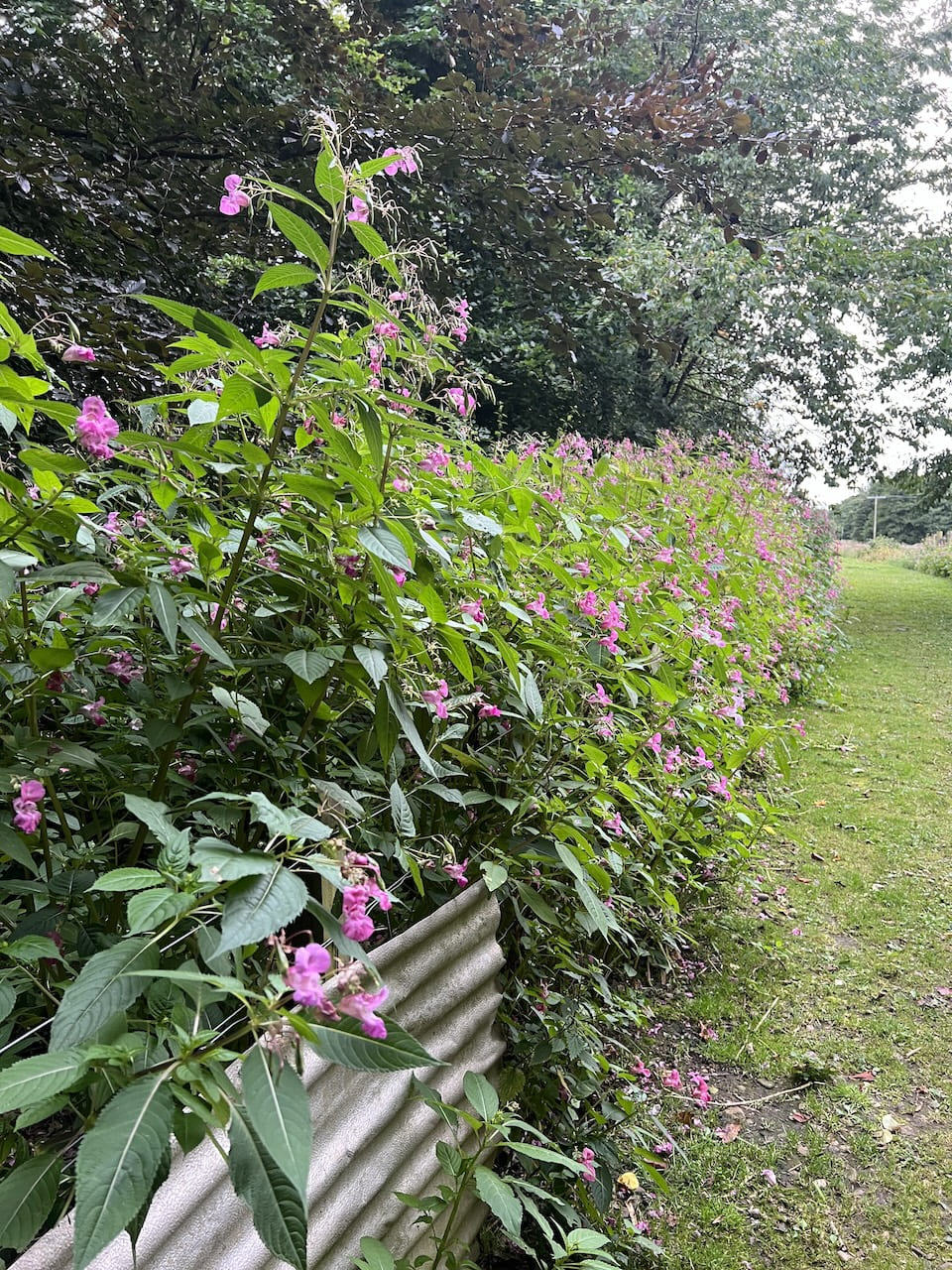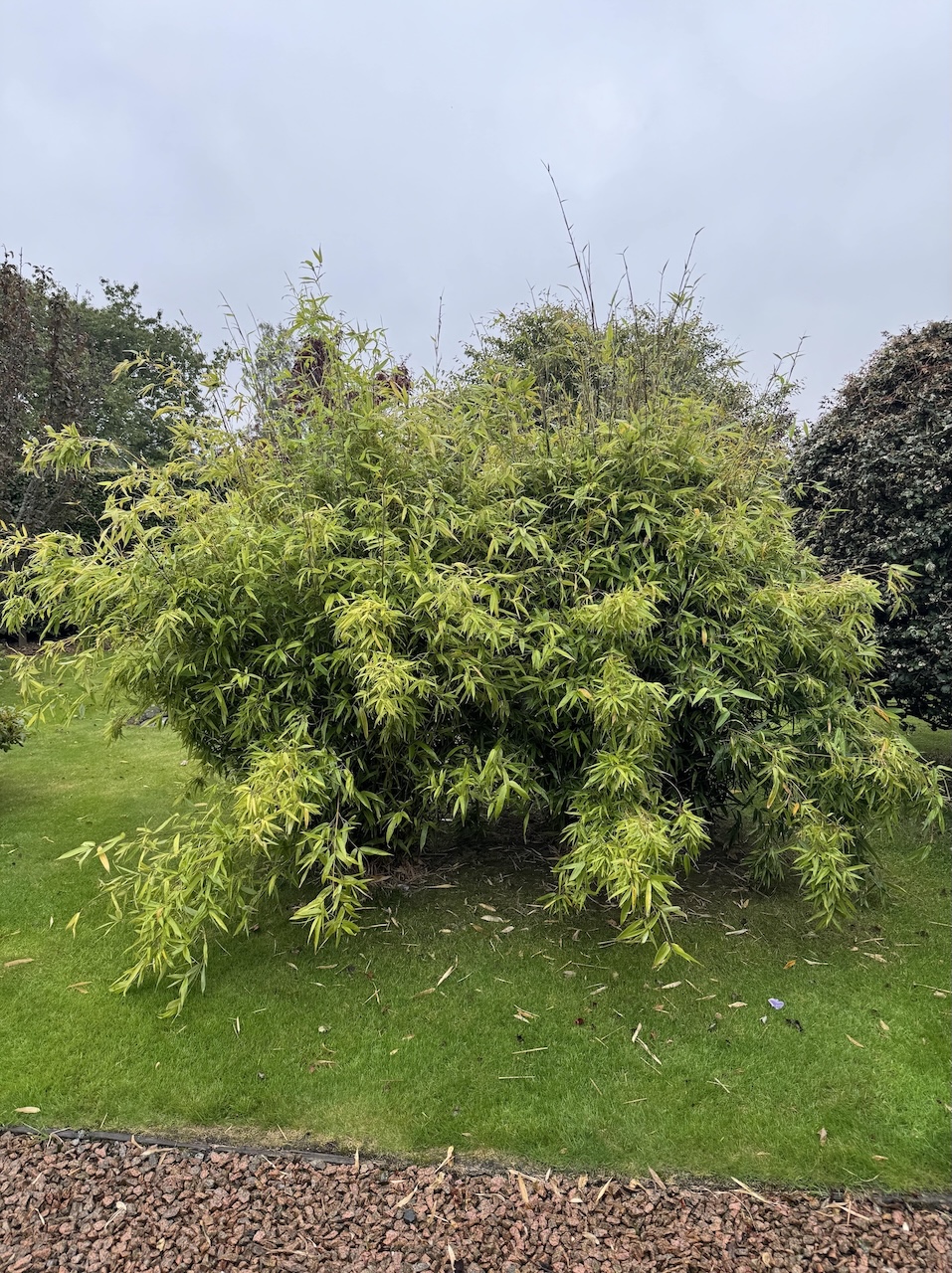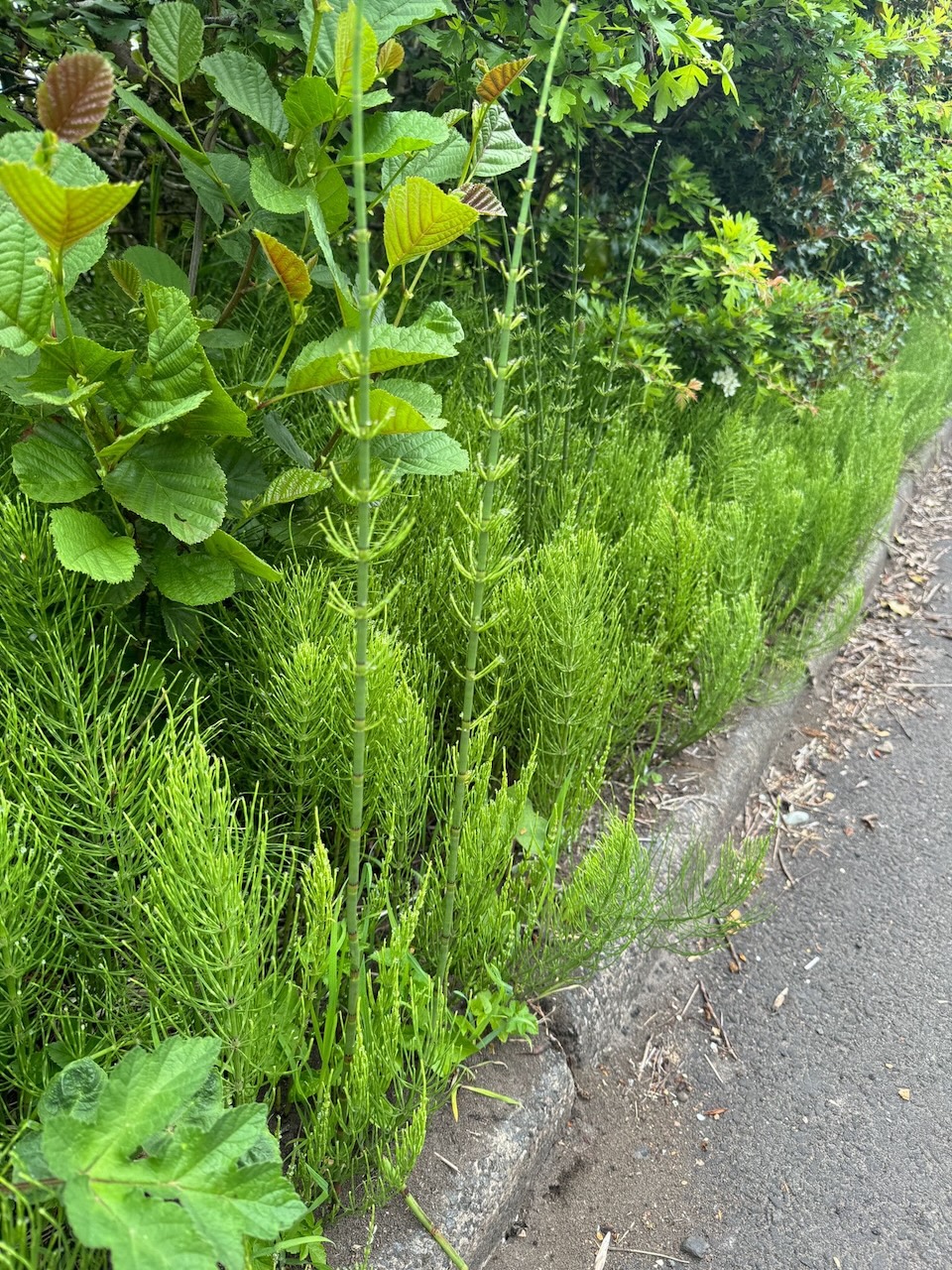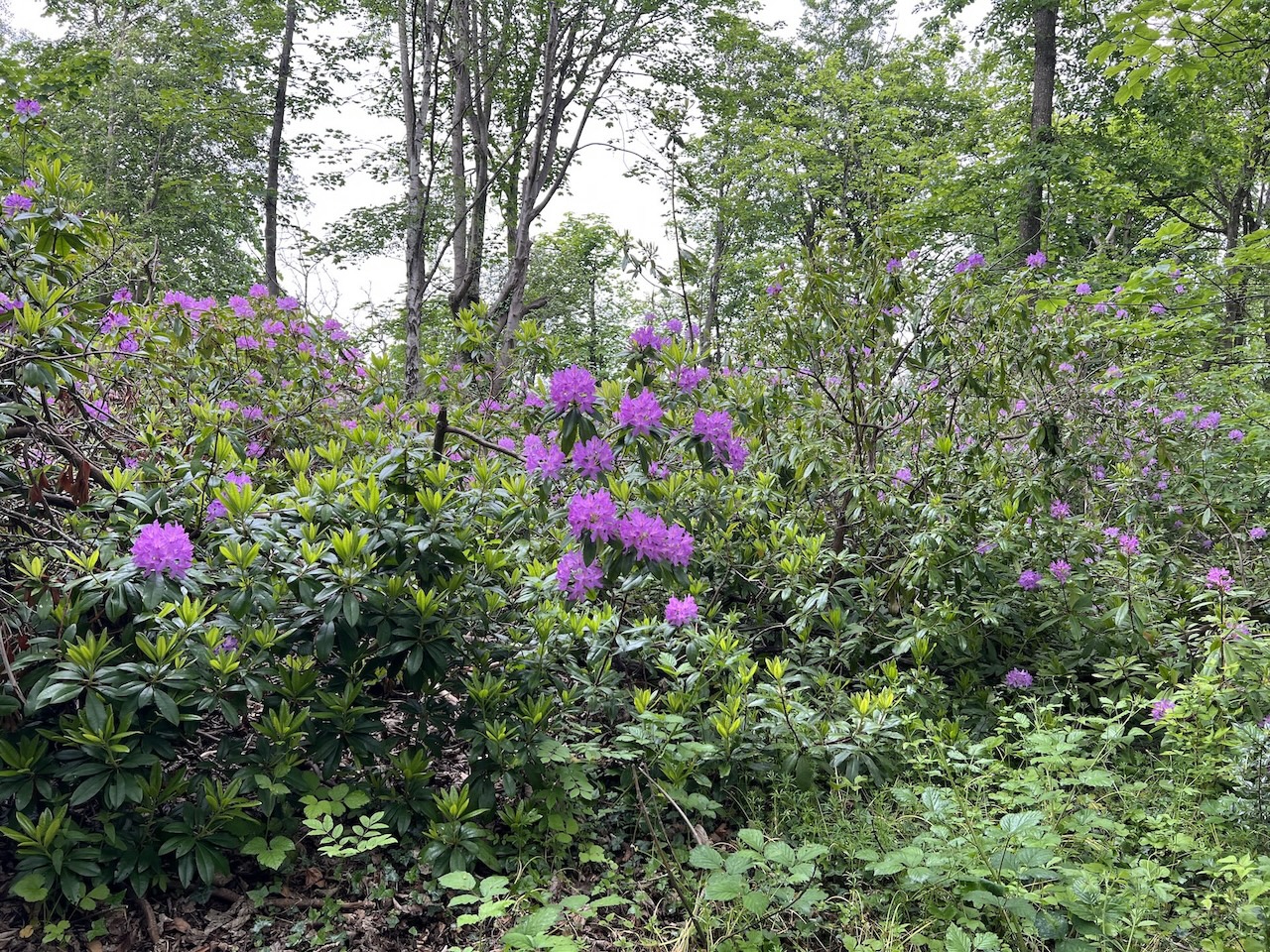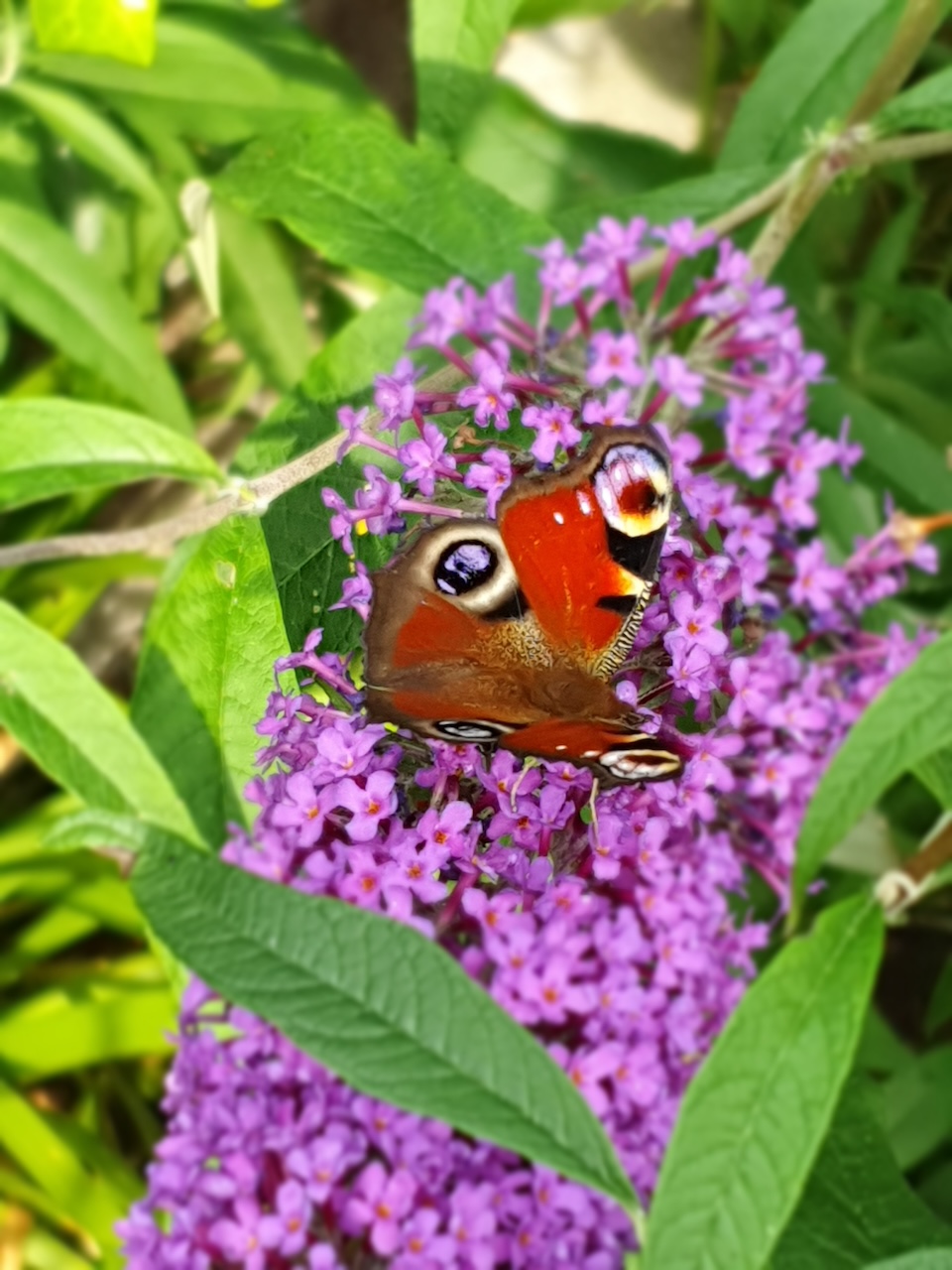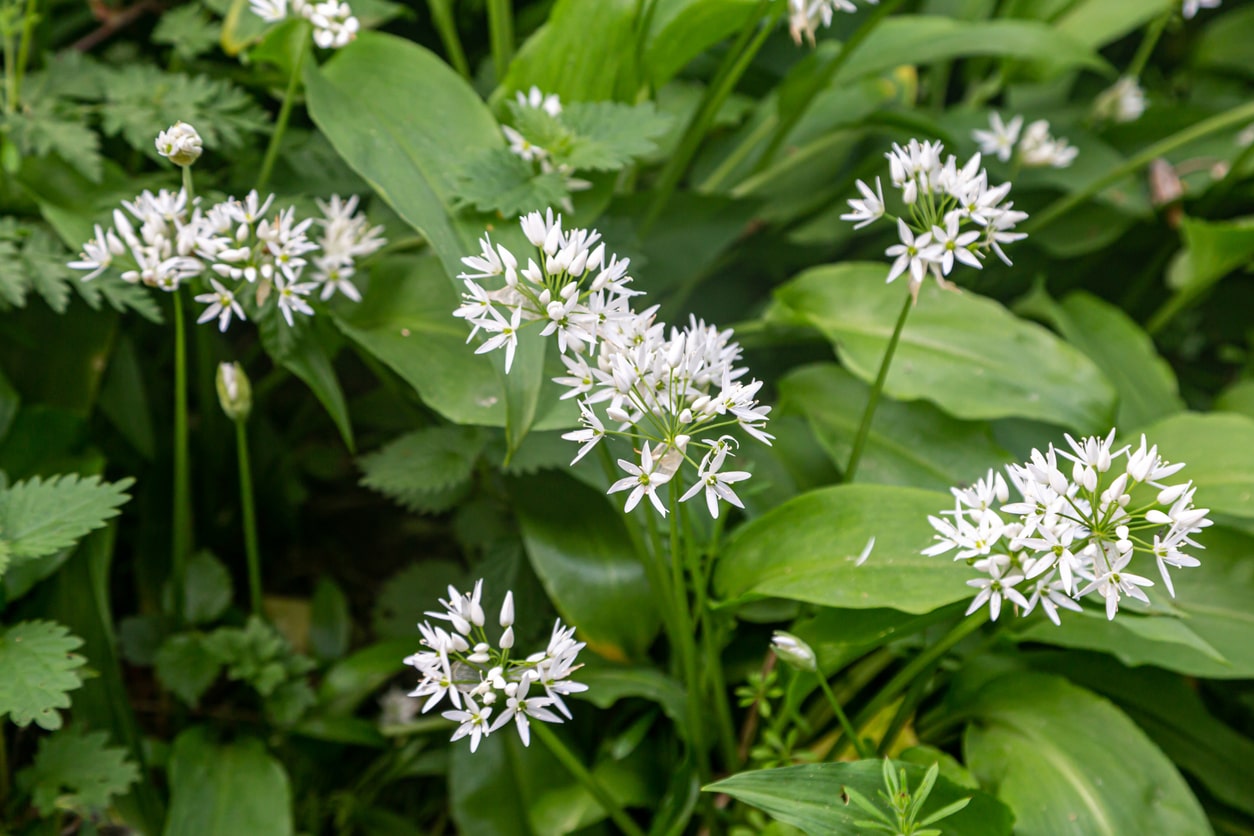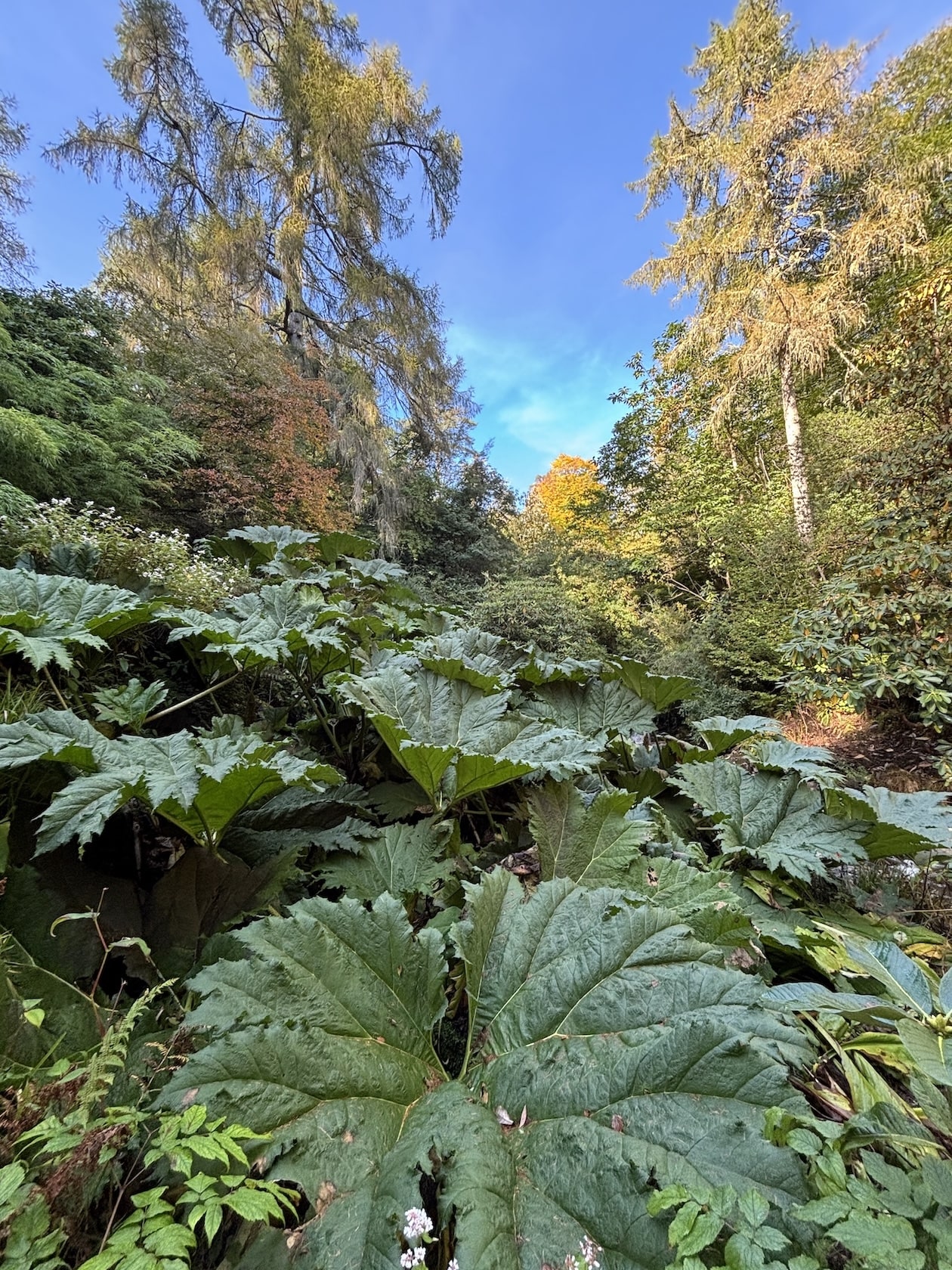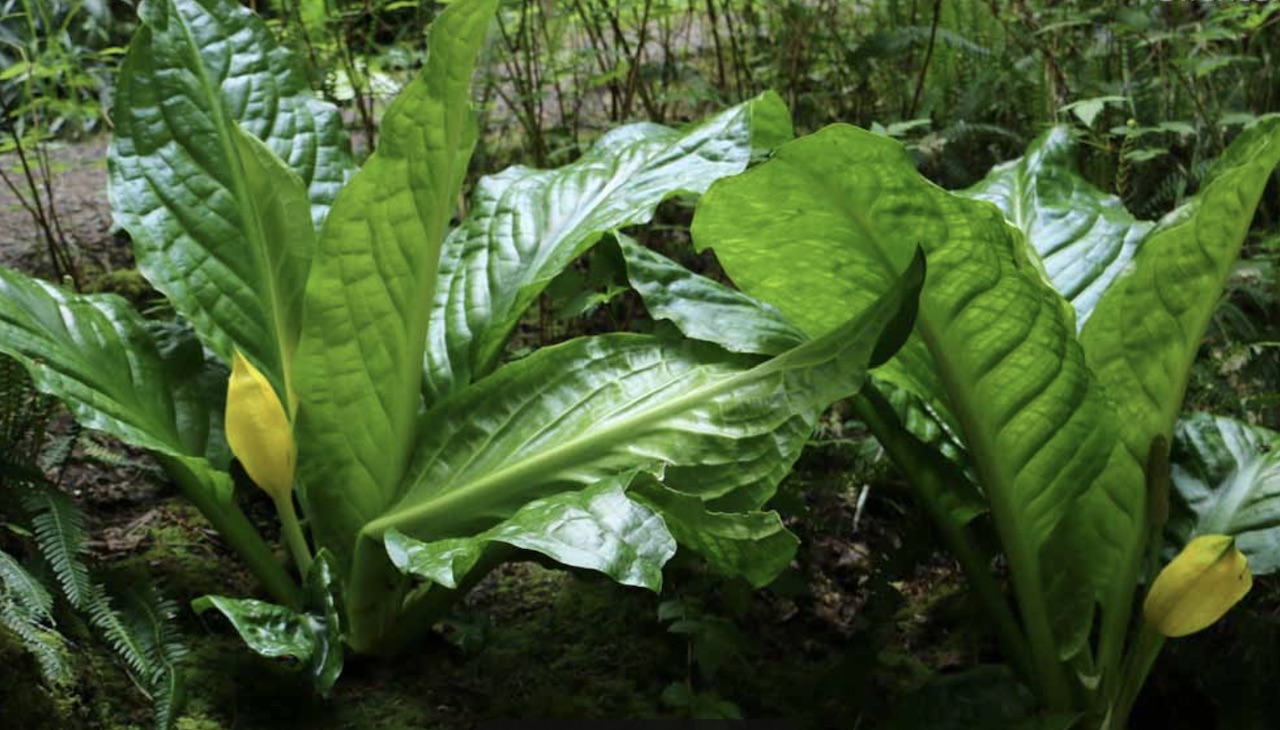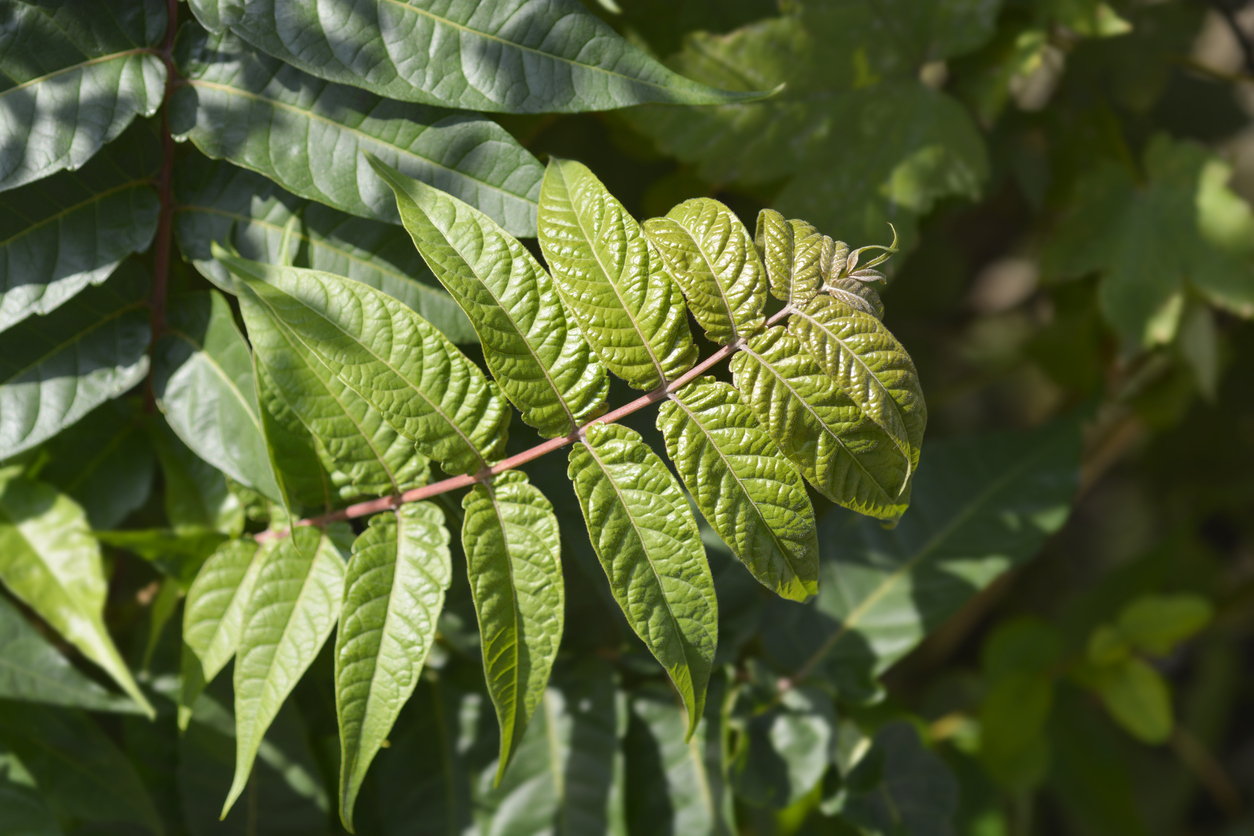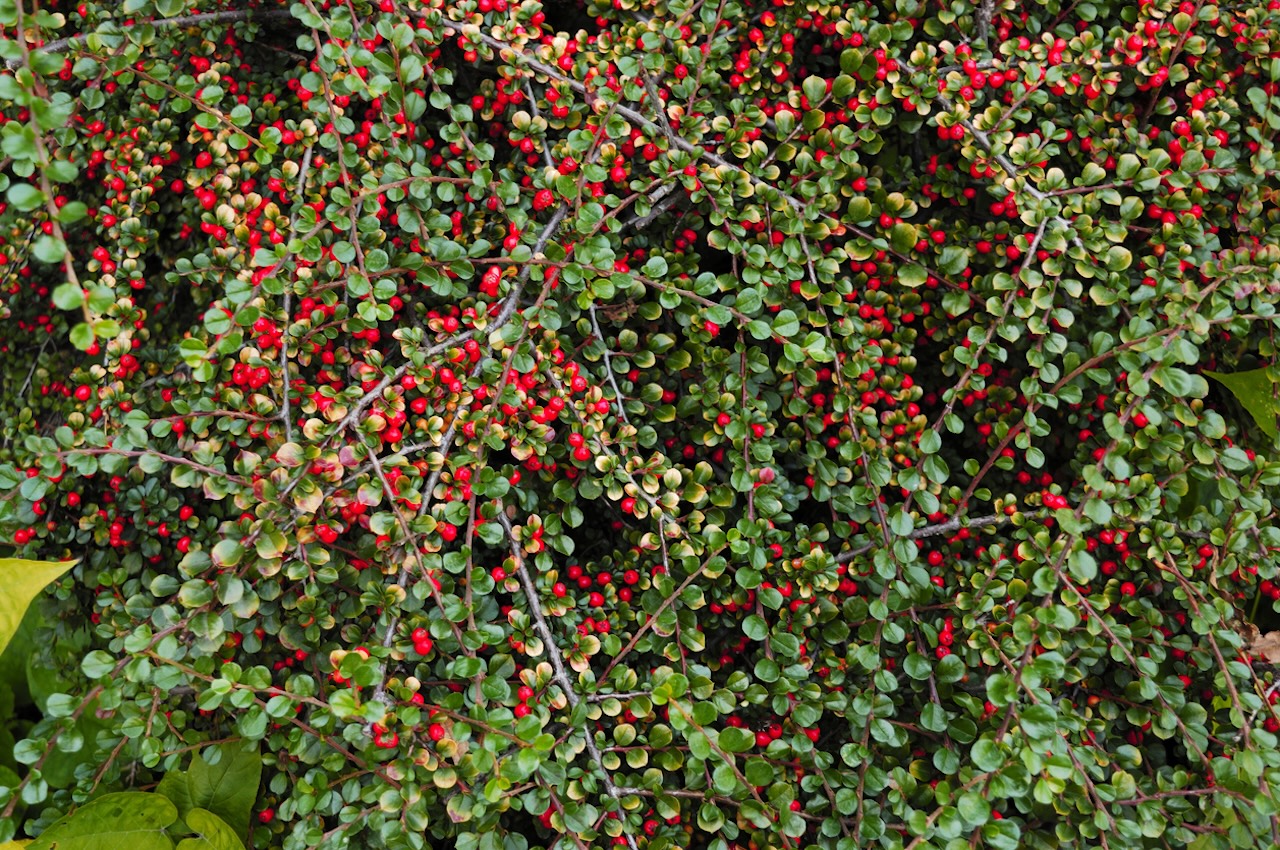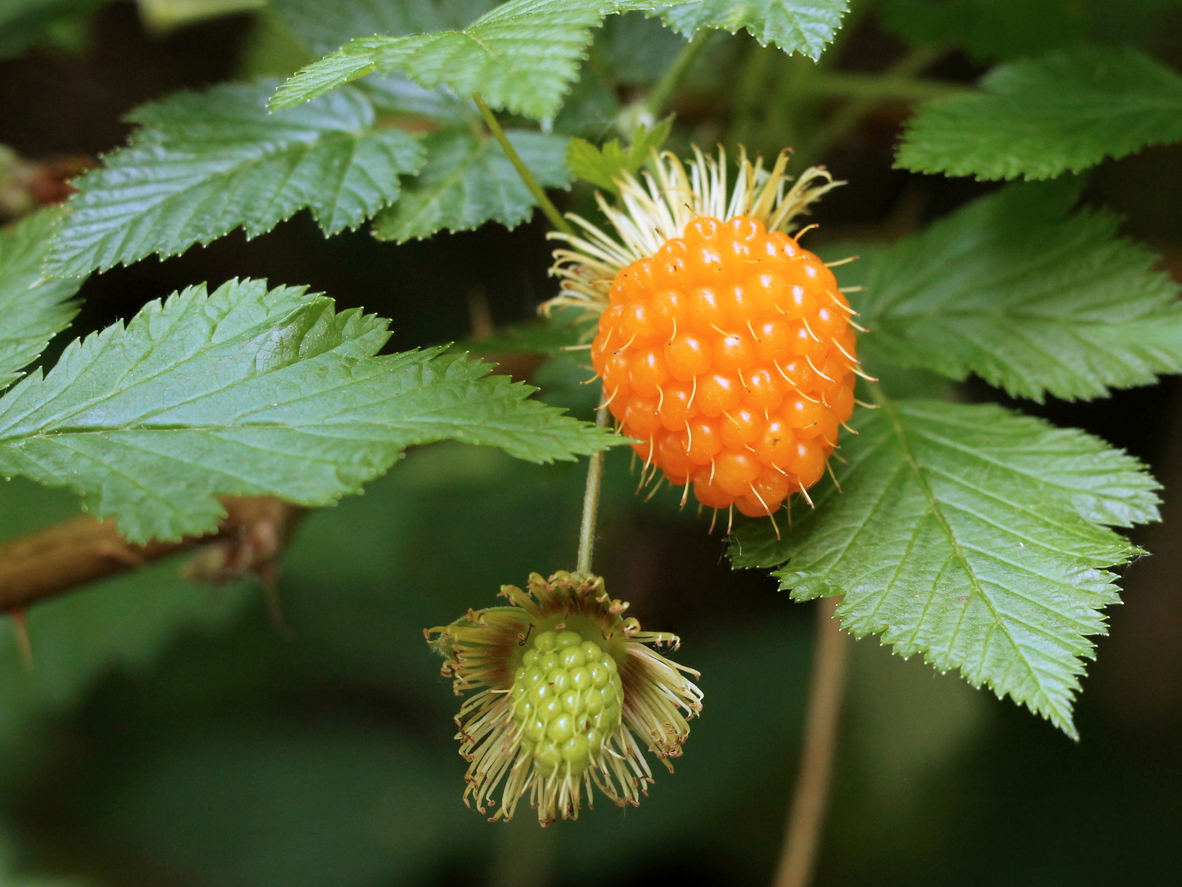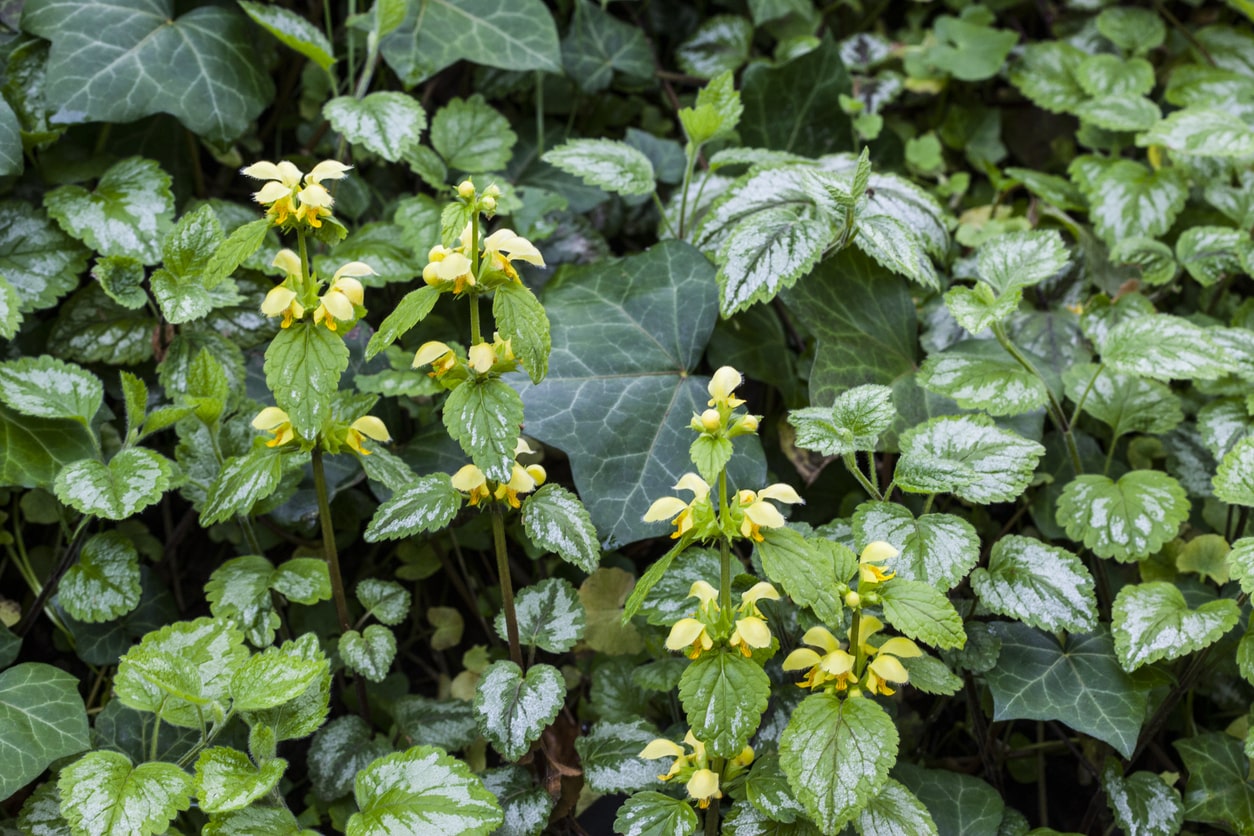Frequently Asked Questions
Here are some common questions we get asked at JBB Knotweed Solutions:
Questions about Invasive Weeds
What are the most common invasive weeds in Scotland?
The most common invasive weeds in Scotland include Japanese Knotweed, Giant Hogweed, Himalayan Balsam, and invasive Bamboo species. These plants spread aggressively and can cause structural damage, environmental harm, and legal issues if left untreated.
How can I identify Japanese Knotweed on my property?
Japanese Knotweed has bamboo-like stems, shovel-shaped green leaves, and small white flowers in late summer. It grows rapidly and spreads underground via rhizomes. If you suspect its presence, contact JBB Knotweed Solutions for a professional survey. Read all about Japanese Knotweed here.
What legal responsibilities do I have regarding invasive weeds in Scotland?
Under the Wildlife and Countryside Act 1981, it is illegal to cause invasive weeds like Japanese Knotweed to spread. Property owners must take appropriate action to prevent further growth and ensure compliance with environmental laws.
Can invasive weeds damage my property's structure?
Yes, invasive weeds such as Japanese Knotweed can damage buildings, driveways, and foundations by exploiting cracks and weak points. Early identification and professional removal are essential to prevent costly repairs.
How do invasive weeds impact local ecosystems?
Invasive species outcompete native plants, disrupt habitats, reduce biodiversity, and can negatively affect wildlife. Controlling their spread helps protect Scotland’s natural environment.
Are invasive weeds poisonous in Scotland?
Some invasive plants, such as Giant Hogweed, are highly toxic and can cause severe skin burns when touched. If you find Giant Hogweed on your property, avoid contact and seek professional removal. However, invasive weeds found in Scotland are not considered poisonous for humans or animals.
What is the difference between invasive and non-invasive plant species?
Invasive plants spread aggressively, outcompeting native species and causing ecological or structural harm. Non-invasive species grow within their environment without disrupting natural ecosystems. See more about the range of Invasive Weeds we treat here.
Can invasive weeds affect my property's value?
Yes, invasive weeds can make properties difficult to sell or mortgage due to their potential damage and legal implications. A professional management plan can reassure buyers and lenders.
Can invasive weeds affect neighbouring properties?
Yes, invasive weeds can spread underground and encroach on neighbouring land. If they originate from your property, you may be liable for damages. Proper management is essential to prevent disputes.
What are the risks of DIY invasive weed removal?
DIY removal is often ineffective and can worsen the problem. Many invasive weeds, such as Japanese Knotweed, spread through small fragments. Professional treatment ensures thorough and compliant eradication.
Got a question about a specific weed?
Questions about Our Services
What is the best method to remove Japanese Knotweed?
The most effective methods include herbicidal treatment and mechanical excavation. JBB Knotweed Solutions tailors a treatment plan based on site conditions and the severity of the infestation.
How much does it cost to remove invasive weeds from my property?
Costs vary depending on the type of weed, location, and removal method. Contact us to discuss a survey and management plan tailored to your needs.
How long will it take to remove my invasive weed problem?
Treatment duration depends on the weed type and method used. Herbicidal treatment usually takes multiple applications over 2-3 years, while excavation can provide immediate removal.
What qualifications should I look for in an invasive weed removal specialist?
Ensure your contractor is a Property Care Association (PCA) member and has CSJK-certified surveyors. JBB Knotweed Solutions meets all industry standards for safe and effective weed management. Find out more here.
What happens if you discover another invasive weed during a survey?
We will inform you and recommend an appropriate management plan to address all invasive species found on your property.
Can herbicides effectively eliminate invasive weeds?
Yes, herbicides can control invasive weeds, but they require professional application and repeated treatments for full eradication. These may be done at particular times of the growing season to get the best results.
Is mechanical excavation a viable option for invasive weed removal?
Yes, excavation is an effective method for immediate removal, particularly for large infestations. It must be conducted properly to prevent regrowth and ensure legal disposal. Our surveyor can discuss all options with you that are appropriate for your circumstances.
How can I prevent invasive weeds from returning after removal?
A long-term monitoring and maintenance plan is crucial. JBB Knotweed Solutions provides aftercare services to prevent regrowth and ensure compliance.
Are there specific disposal methods for invasive plant material in Scotland?
Yes, invasive plant material must be disposed of legally to prevent further spread. We follow strict guidelines for transport and disposal in line with environmental regulations.
Can you provide guarantees that the weed is successfully managed?
Yes, we can offer insurance-backed guarantees to ensure peace of mind that your invasive weed issue is effectively controlled.
Still Have Questions?
If your question hasn’t been answered here, contact us with your query – we are happy to help.
Email us at [email protected] or call 08000 546 436 for expert advice.
